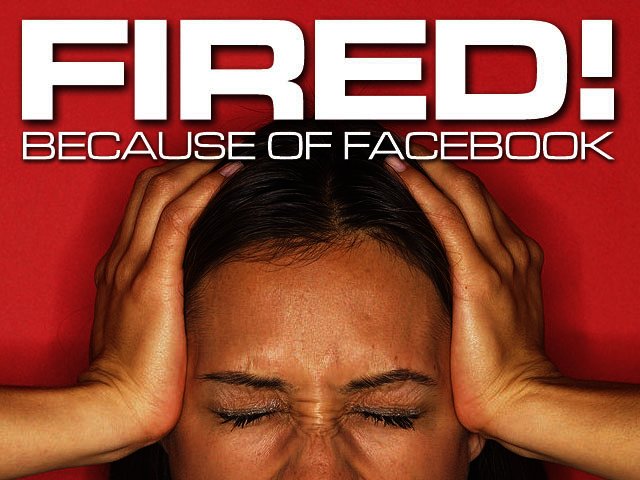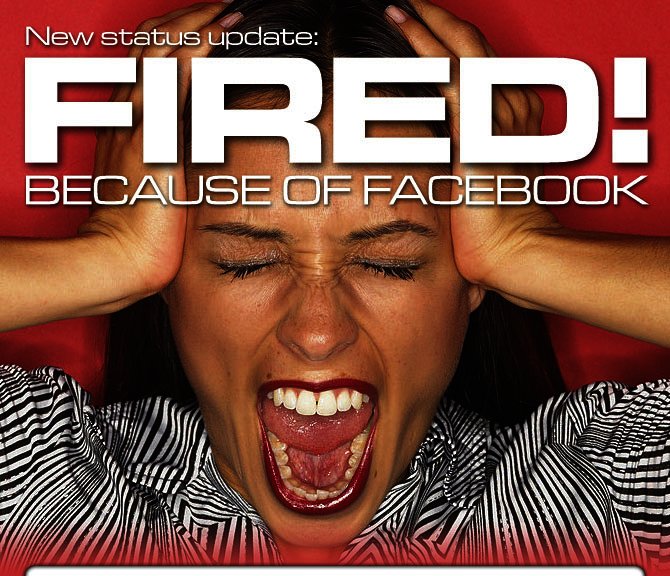|
 Can a contentious Facebook status update cost you your job? TechSmart discuss some of Facebook's legal implications with Liza van Wyk, CEO of training, consulting and project management service provider AstroTech. Can a contentious Facebook status update cost you your job? TechSmart discuss some of Facebook's legal implications with Liza van Wyk, CEO of training, consulting and project management service provider AstroTech.
“I hate my job”. Can updating my Facebook status like this cost me my job?
It depends on what your company policy and procedures say you can and cannot say on your Facebook profile. But it will probably more likely result in a disciplinary rather than dismissal.
Why is there a problem with posting “My boss is a huge idiot” on Facebook, if I could just as well have said it round a braai to friends?
The problem is that the comments are being broadcast more widely than if you simply said it at a braai. Also the comments are in a fixed medium on a website, which can be accessed subsequently to verify whether the comments are true or not. So this comment would definitely pose problems.
We’ve heard stories of employers asking potential employees for permission to access their Facebook profiles during the interview stages. Is this legal?
It is not a legal requirement that you do so but it may be part of character reference that the company may seek to obtain. But there is no legal obligation on you to open your Facebook profile to a potential employer. It is, however, not illegal for an employer to request this and perhaps even desirable if the position being sought is, for example, in National Security.
Naturally, you shouldn’t be stupid enough to post status updates of you having a good time, while supposedly being sick in bed off work. But, if you did, what type of action could an employer take against you?
Absolutely, to claim that you are sick whilst actually just pulling a “quicky sicky” could be a dismissable offense.
Is my boss allowed to track the sites that I visit while I’m at work? How about the mail I send out?
Yes, Section 6 of the Regulation of Interception of Communications Act allows employers, under specific circumstances to intercept and monitor employee internet usage. One such requirement being that the employee must give either their express of implied consent. This consent is often obtained in the contract of employment.

|






